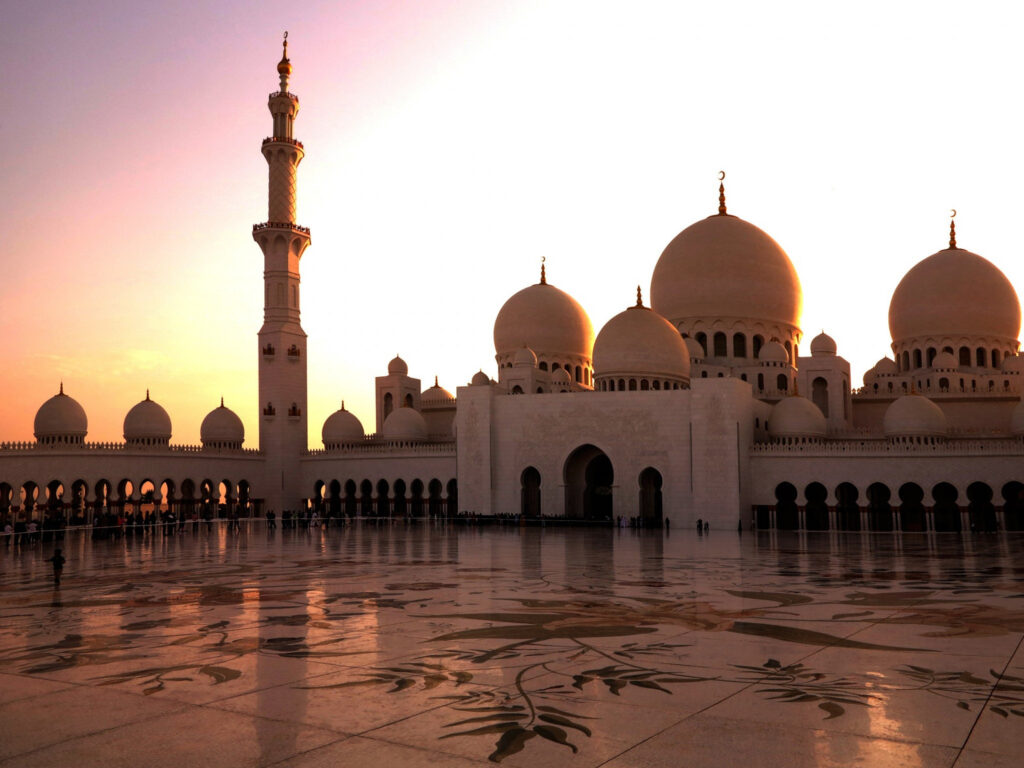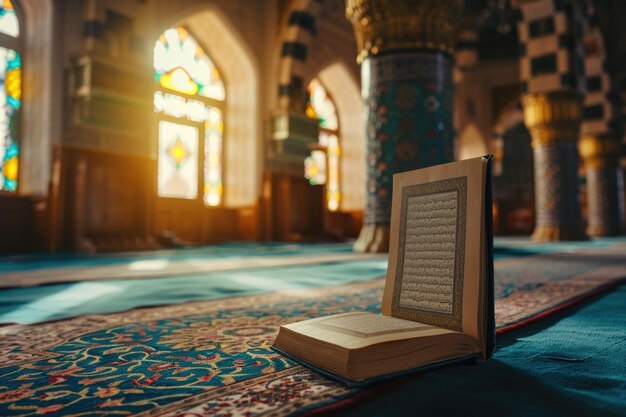The Role of Women in Islam: Shaping Communities and Cultures

Role Of Women
Table of Contents
- Introduction
- History Contributions of Women in Islam
- Rights of Women in Islam
- Roles of Women Spiritually in Islam
- Education of Women in Islam
- Women as Leaders in Islamic History
- Conclusion
Introduction
Societal norms and misconceptions about the role of women overshadow that true role often filled in Islam; however, throughout Islamic history, the role played by women has been central in framing communities, religion, and cultural practices. By going through contributions from women in Islam’s history, we get a better sense of the empowerment of women by faith and tradition to note their invaluable role in the development of Islamic society.
Historical Contributions of Women in Islam
Every aspect of Islamic history has seen the input of women and thus plays host to Islam. Some of the key roles of women that women have played include education, medicine, and governance.
Khadijah (RA): One of the earliest influentials included Khadijah bint Khuwaylid (RA), the Prophet Muhammad’s (SAW) first wife, who supported the Prophet emotionally but also was instrumental in spreading Islam to the world because of her wealth and business skills. Khadijah (RA) was just one example of a strong female Muslim given the activities she performed in a society that was male-dominated and showing leadership and trust.
Aisha (RA) as a Scholar: Amongst these and the most important names is Aisha (RA), one of the Prophet’s wives, known for her intellect and scholarship. She narrated many hadiths, and a big body of knowledge in Islam bears her name, testifying that the great role women played in the intellectual sphere of Islam. Aisha (RA) illustrated how women could occupy important positions in both religious life and the life of society, indicating the crucial role women played in the social structure of Islam.

Women’s Rights in Islam
Women’s rights in Islam are often misunderstood. The prevailing misconception is that Islamic teachings deny women a foundation of rights and dignity. On the contrary, the rights under Islamic law accentuate the role of women as equals in society and confer distinct rights on them with regard to education, marriage, and business.
- Right to Education: In Islam, the role of women in education is highlighted because each Muslim, both male and female, is obliged to seek knowledge. Women have always been involved in knowledge transmission, thereby further showing the role of women in enhancing Islamic knowledge.
- Economic Rights: The right to property and to carry on business and manage their finances independently belonged to women. Such rights demonstrate the special role women had in the economic development of society, having been allowed to participate fully in economic life since the early days of Islam.
- Political Participation: Such was the role of women in politics, especially throughout Islamic history, because the role of women was not just supporters of the faith but also active participants in governance in fighting for justice and the social well-being of the community.
Spiritual Roles of Women in Islam
The spiritual role of women has inherent value in Islam. Women are held in high esteem as caregivers; their function in Islam also largely serves as a part of family and community life.
- Motherhood in Islamic Perspective: The role of women as a mother is highly regarded in Islam, as the Quran illustrates that a mother is someone who nurtures the generations of tomorrow. For instance, while the new converts are seeking paradise, the old saying is to give them paradise, “Paradise lies at the feet of your mother.”.
- Women and Islamic Spirituality: Women’s spiritual roles are observed in the many aspects of worship and community life. Women take part in the daily prayers, fasting in Ramadan, and standing with the congregation in the mosques for congregational prayers. Their role as spiritual beings within Islam is integral to the broader community and the continued faith.
Education of Women in Islam
The role of women in education is an integral principle in Islam. Both in the past and now, there are examples of how Muslim women have been part of the intellectual and educational landscape.
- Historical Scholars: That makes figures like Fatima al-Fihri, who founded the world’s very first university, an important point. Their role was crucial in the formation of educational institutions and showcased the deep influence women have had on the intellectual advancement of societies.
- Contemporary Movements: Today, most of the movements focus on empowering girls and women through education. The new initiatives do not forget the role of women in modern education and therefore maintain all the legacies of women in Islam as substantial parts of the global intellectual life.
Women as Leaders in Islamic History
This role has been held and served by women since the dawn of Islamic history-from religious scholarship to political governance through being leaders. Critical women in Islam played very significant roles in both past and contemporary times.
- Role Models: Women such as Fatima (RA), the daughter of the Prophet Muhammad (SAW), and Nusaybah bint Ka’ab (RA), who fought valiantly in battles, set powerful examples for the role of women in leadership. Their stories reflect the ability of women to lead not just in spiritual matters, but also in political and social contexts.
- Modern Leaders: Today, in modern society, women continue to be leaders in many fields, academia, and others. Their position and role of women within modern Islamic society clearly pinpoints the presence of potential in leadership, supported and encouraged by Islam.
Conclusion
In fact, the role of women in Islam is multi-dimensional, ranging from historical involvement right down to the present Islamic world. Their role may be a spiritual contributor or even leaders in some areas. Thus, the role of women in Islam is ongoing and inspiring. Knowing how the significant role of women in Islam can challenge gender equality, boost their empowerment, and give greater appreciation for the various contributions that women have achieved in Islamic society, makes one realize that be it education, politics, or spiritual leadership, the role of women in Islam remained the cornerstone of the faith and civilization.
Visit Our YouTube Channel: Zikr e Imaan
I hope you enjoy and appreciate the depth of this teaching. Don’t forget to explore our YouTube channel, Zikr e Imaan, which offers inspiring Islamic videos that promote relaxation and peace.
Explore More on Islam: Zikr e Imaan
For more resources on Islam and other beautiful Quranic verses, hadith, and informative with beautiful teachings visit our site: Zikr e Imaan.
You may also like: